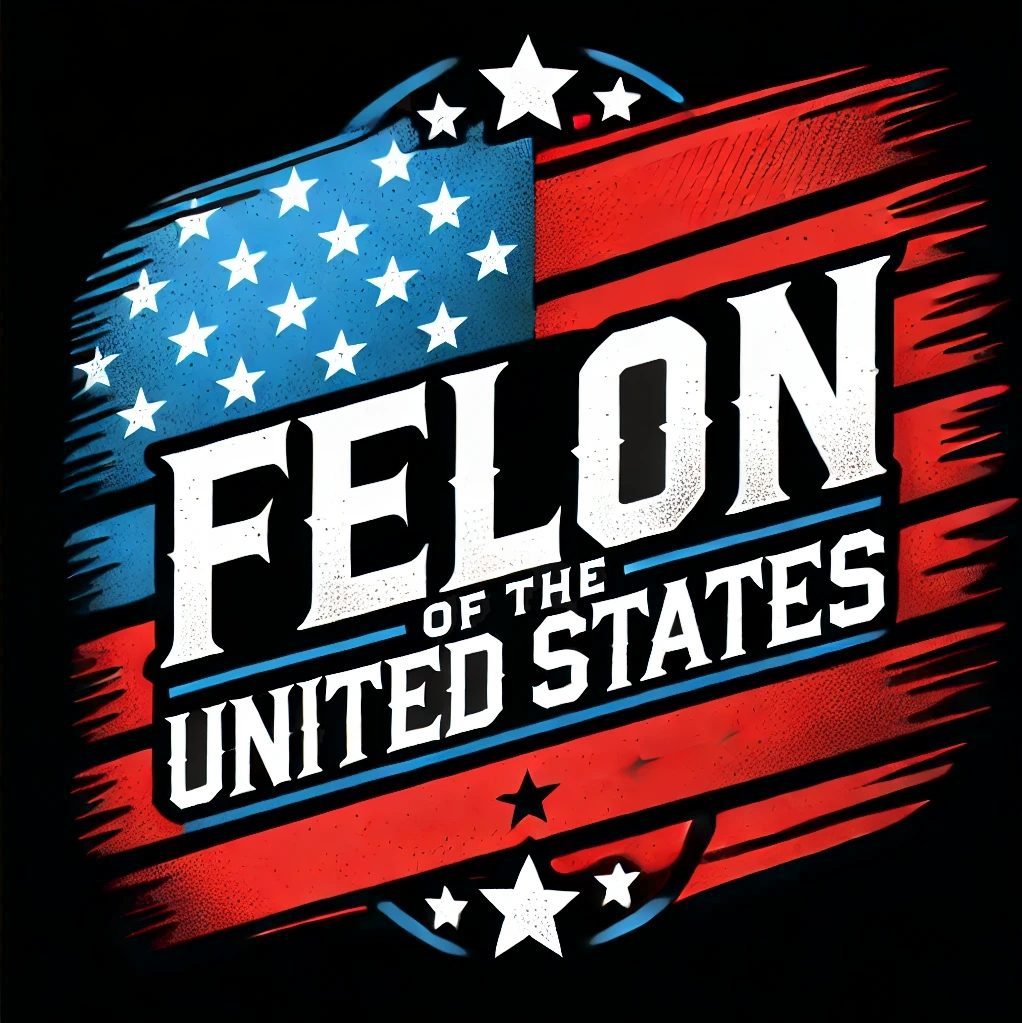Inaugural Committee Misuse of Funds
Overview
Donald J. Trump’s 2017 Presidential Inaugural Committee (PIC) raised more than $107 million, the largest sum in U.S. history for an inauguration. However, multiple investigations revealed concerns over how those funds were spent, sparking allegations of financial misconduct, self-dealing, and nonprofit mismanagement.
The scrutiny around the inaugural spending adds to the wider legal and ethical controversies surrounding Trump’s business and political operations.
Key Allegations
Investigators and watchdog groups highlighted several major concerns involving the PIC’s financial activity:
-
Inflated Payments to Trump-Owned Properties
The PIC allegedly overpaid Trump International Hotel in Washington, D.C., for event space and services, with rates far exceeding market norms. Emails revealed concerns from internal planners about the excessive costs. -
Use of Funds for Personal and Private Events
Committee funds were reportedly diverted to cover private events hosted by Trump family members, including a reception for Ivanka Trump and an after-party for Trump’s adult children. These events had no official connection to inaugural functions. -
Misuse of Nonprofit Resources
Critics argued that the PIC, a nonprofit formed for civic celebration, effectively funneled donor funds into Trump Organization revenue streams, blurring lines between personal enrichment and public purpose.
Legal Action and Settlement
-
District of Columbia Lawsuit (2020)
The Attorney General for the District of Columbia sued the Trump Organization and the PIC for misusing nonprofit funds. The complaint alleged the Trump family improperly benefited from inaugural donations and charged excessive rates for services. -
Settlement Reached (May 2022)
Without admitting wrongdoing, the Trump Organization agreed to pay $750,000 to settle the case. The funds were redistributed to Washington, D.C.–based charities, ensuring public benefit from what was deemed misused inaugural money.
Trump’s Response
Donald Trump and his legal team denied the allegations, calling the lawsuit politically motivated. The Trump Organization insisted all PIC spending was lawful and that venues were selected and priced appropriately. Nevertheless, internal communications revealed concern even among Trump allies over the optics and cost.
Broader Implications
This case underscored persistent concerns about political fundraising transparency, especially when private businesses and public offices intersect. It raised key questions about:
-
The oversight of inaugural committees
-
The role of family-owned businesses in political events
-
Nonprofit accountability in high-dollar political operations
In 2025, as Trump governs during his second term, watchdog groups continue to reference the case as part of a broader pattern of alleged self-dealing and ethics violations.
